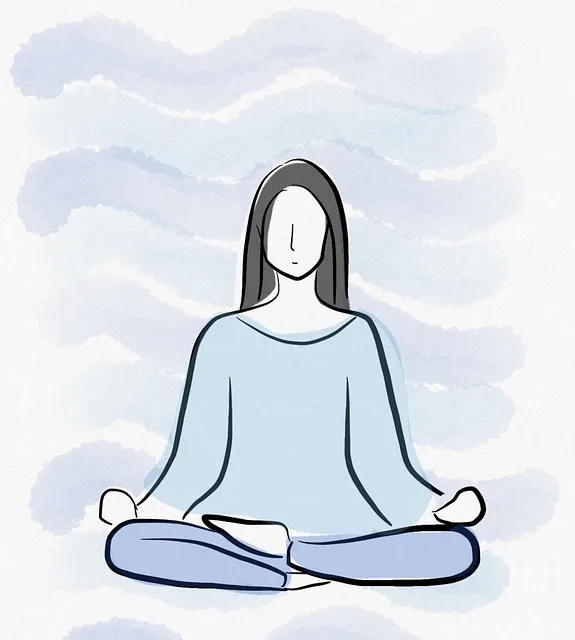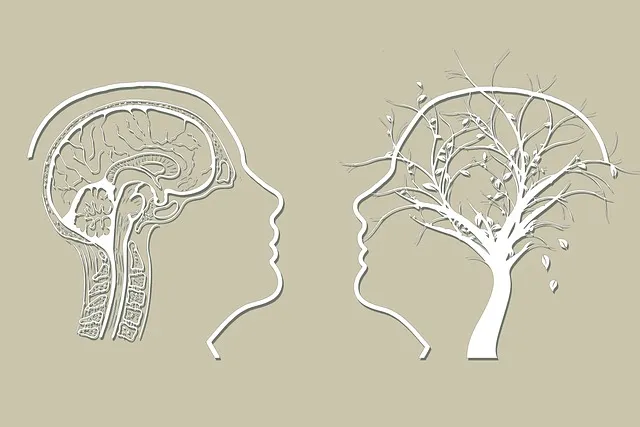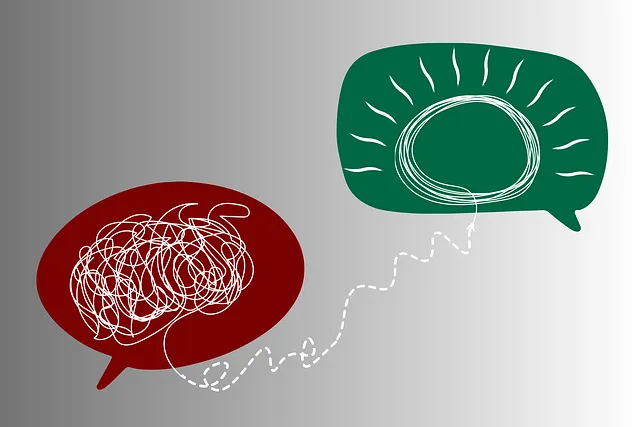The Kaiser Permanente mental health center Aurora emphasizes holistic stress management, focusing on physical, emotional, and cognitive aspects. They advocate for identifying stressors like work-life balance, relationships, and personal values to reduce stress. The center offers Mental Wellness Coaching Programs with tools for resilience and community support. Mindfulness and meditation practices, along with regular exercise, are key components of their programs, promoting mental well-being. Cognitive Behavioral Therapy (CBT) is used to challenge negative thought patterns and replace them with positive perspectives. Maintaining a healthy lifestyle through balanced diets, exercise, sleep, and social connections is also emphasized for overall stress reduction.
Stress reduction is a vital aspect of maintaining holistic well-being. At the Kaiser Permanente Mental Health Center Aurora, we recognize that understanding stress involves recognizing its subtle signs and exploring underlying causes. This article delves into effective methods to mitigate stress, including mindfulness, meditation, physical activity, cognitive behavioral therapy (CBT), and healthy lifestyle choices. By adopting these strategies, you can navigate life’s challenges with resilience and find balance within the bustling demands of daily routines.
- Understanding Stress: Recognizing Signs and Causes at Kaiser Permanente Mental Health Center Aurora
- Mindfulness and Meditation Techniques for Daily Relaxation
- Physical Activity and Exercise as Powerful Stress Relievers
- Cognitive Behavioral Therapy (CBT): A Structured Approach to Managing Stress
- Healthy Lifestyle Choices: Nutrition, Sleep, and Social Connections for Improved Well-being
Understanding Stress: Recognizing Signs and Causes at Kaiser Permanente Mental Health Center Aurora

At Kaiser Permanente Mental Health Center Aurora, understanding stress involves recognizing both its signs and causes. Stress can manifest in various ways, from physical symptoms like headaches or fatigue to emotional responses such as irritability or anxiety. By acknowledging these indicators, individuals can take proactive steps towards managing their mental health. The center’s experts emphasize that identifying triggers is a crucial first step in reducing stress levels. This may involve assessing work-life balance, relationships, financial situations, or even personal values and beliefs that contribute to feelings of strain.
Kaiser Permanente Mental Health Center Aurora also highlights the importance of addressing burnout prevention as a key component of stress reduction strategies. In today’s fast-paced world, the center acknowledges the rising prevalence of mental illness stigma and advocates for efforts aimed at its reduction. Additionally, they offer Mental Wellness Coaching Programs designed to empower individuals with tools and techniques for enhancing resilience and coping mechanisms. These programs not only support personal growth but also foster a sense of community, acknowledging that collective well-being is integral to stress management and overall mental health promotion.
Mindfulness and Meditation Techniques for Daily Relaxation

Stress reduction is a vital aspect of maintaining good mental health, and mindfulness along with meditation practices offer powerful tools for daily relaxation. The Kaiser Permanente mental health center Aurora emphasizes the importance of integrating these techniques into one’s routine to counteract the effects of stress and promote overall well-being. Mindfulness involves being fully present in the moment, focusing on your senses and thoughts without judgment. This simple yet profound practice can be incorporated into everyday activities like eating, walking, or even commuting, helping individuals cultivate a sense of calm.
Meditation further enhances mindfulness by teaching individuals to observe their thoughts and emotions from a distance. Various meditation techniques, such as guided imagery or breathing exercises, encourage relaxation and can effectively manage conditions like anxiety and depression (Depression Prevention). The Kaiser Permanente center encourages exploring different styles to find what works best for each individual. Engaging in consistent mindfulness and meditation practices can lead to significant improvements in mental health, making them essential components of any Mental Health Education Programs Design or Community Outreach Program Implementation initiatives.
Physical Activity and Exercise as Powerful Stress Relievers

Physical Activity and Exercise have emerged as powerful tools in the arsenal against stress, according to experts at the Kaiser Permanente Mental Health Center Aurora. Engaging in regular physical activity can help reduce levels of cortisol, often referred to as the “stress hormone,” thereby minimizing its detrimental effects on both mental and physical well-being. This natural approach not only boosts mood but also improves overall health, offering a holistic solution for managing stress.
The benefits extend beyond immediate post-workout feelings of relaxation. Consistent exercise can foster the development of resilience against stressful situations, as it strengthens neural pathways associated with emotional regulation. Incorporating activities like walking, yoga, or even dancing into your routine can be transformative, providing an outlet for built-up tension and promoting a sense of calm, much like Trauma Support Services tailored to address specific needs. By embracing these stress reduction methods, individuals can cultivate a healthier relationship with stress, leveraging the power of Mind Over Matter principles to navigate life’s challenges more effectively.
Cognitive Behavioral Therapy (CBT): A Structured Approach to Managing Stress

Cognitive Behavioral Therapy (CBT) is a structured and evidence-based approach to managing stress that has gained immense popularity at Kaiser Permanente mental health centers, such as those in Aurora. This therapy focuses on identifying and changing negative thought patterns and behaviors that contribute to stress and anxiety. By challenging unhelpful thoughts and replacing them with more realistic and positive ones, CBT enables individuals to develop inner strength and enhance their ability to cope with stressful situations effectively.
Incorporating self-care practices alongside CBT is a key aspect of building resilience. At the Kaiser Permanente mental health center Aurora, therapists emphasize the importance of teaching clients techniques to manage stress in daily life, including relaxation strategies, mindfulness exercises, and healthy coping mechanisms tailored to their unique needs. Additionally, cultural sensitivity in mental healthcare practice plays a significant role, ensuring that CBT is accessible and beneficial for individuals from diverse backgrounds.
Healthy Lifestyle Choices: Nutrition, Sleep, and Social Connections for Improved Well-being

Maintaining a healthy lifestyle is an essential aspect of stress reduction and improving overall well-being. The Kaiser Permanente mental health center Aurora emphasizes the interconnectedness of nutrition, sleep, and social connections in fostering positive mental health. A balanced diet rich in fruits, vegetables, whole grains, and lean proteins can significantly impact mood and energy levels. This, combined with regular exercise, boosts the body’s production of endorphins, natural mood elevators.
Adequate sleep is another cornerstone of stress management. The National Sleep Foundation recommends 7-9 hours of uninterrupted sleep for adults. Prioritizing quality sleep allows the mind and body to rejuvenate, enhancing resilience to daily stressors. Social connections and compassion cultivation practices, such as mindfulness meditation, also play a pivotal role in mood management. Building and nurturing relationships provides a support system, increases feelings of belonging, and encourages positive thinking—all vital components for a healthier, happier life.
Stress reduction is a holistic process, and with the guidance from resources like the Kaiser Permanente Mental Health Center Aurora, individuals can navigate their unique journeys towards tranquility. By incorporating mindfulness, physical activity, cognitive behavioral therapy, and healthy lifestyle choices, one can effectively manage stress and enhance overall well-being. These strategies empower folks to take control of their mental health and cultivate a balanced life, all accessible through evidence-based practices recommended by healthcare professionals.






